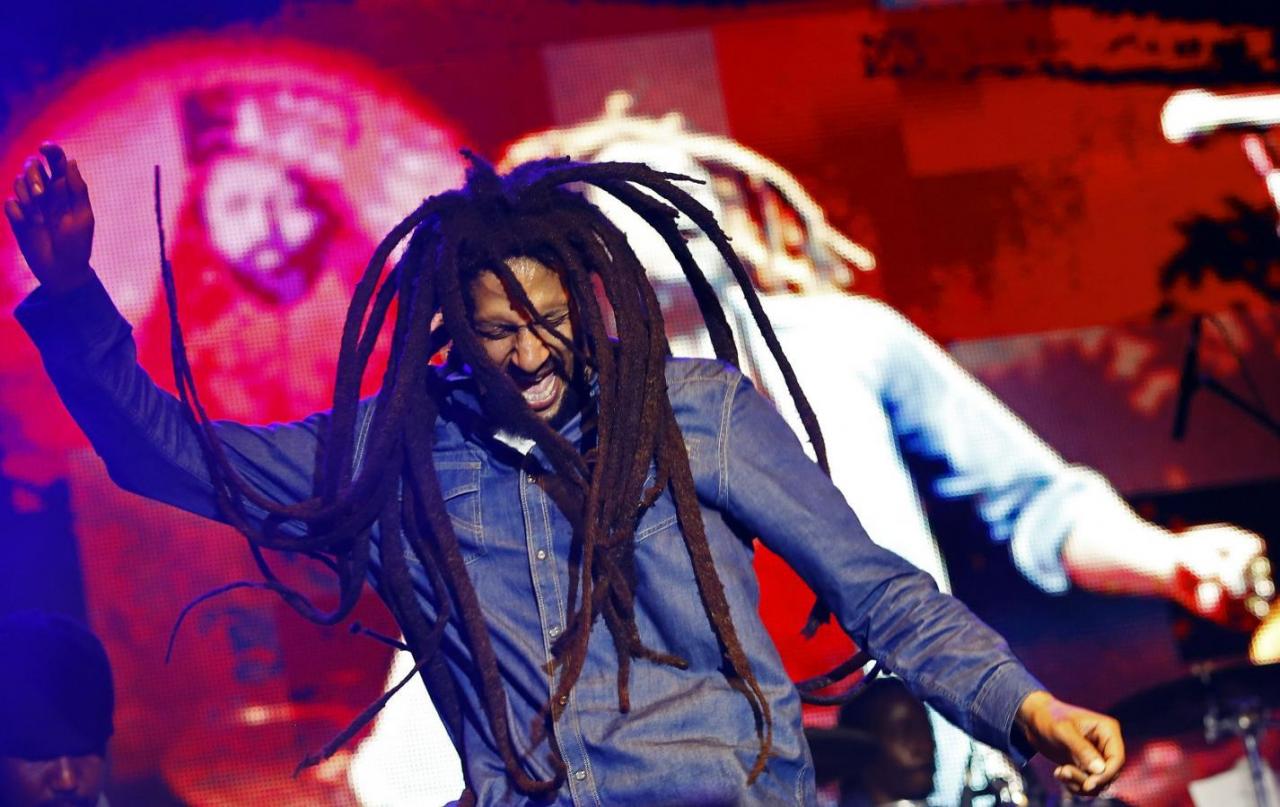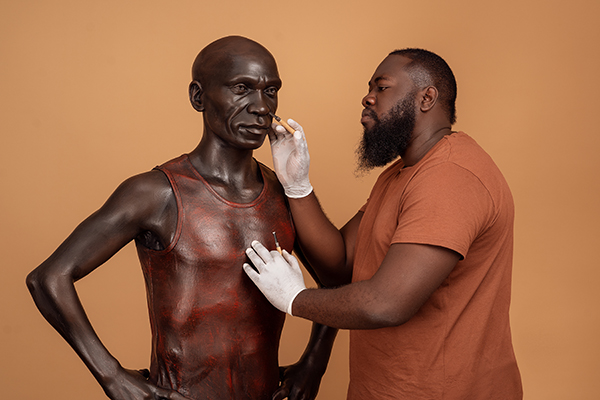
‘Nobody can stop reggae’ as it’s added to UNESCO global cultural heritage list

The United Nations’ cultural and scientific agency (UNESCO) has added reggae music to its list of global cultural treasures.
This is backed by the extensive worldwide popularity reggae music enjoys with UNESCO underscoring it serves as “a voice for all.”
“Its contribution to international discourse on issues of injustice, resistance, love and humanity underscores the dynamics of the element as being at once cerebral, socio-political, sensual and spiritual,” UNESCO said.
🔴 BREAKING#Reggae music of #Jamaica🇯🇲 has just been inscribed on the #IntangibleHeritage List! Congratulations! 👏
ℹ️ https://t.co/1SDzLr4U5F #LivingHeritage pic.twitter.com/7t1jkD2Z8n
— UNESCO 🏛️ #Education #Sciences #Culture 🇺🇳 (@UNESCO) November 29, 2018
Jamaica had pushed for the rich music tradition to be listed as “intangible cultural heritage,” and as such, deemed worthy of protection under UNESCO.
Reggae emerged in the late 1960s out of Jamaica’s ska and rocksteady genres, also drawing influence from American jazz and blues.
Its calm, laid back groove quickly became popular in the United States as well as in Britain, where many Jamaican immigrants had moved in the post-WWII years.
It was often championed as music of the oppressed, with lyrics addressing social affairs, politics, imprisonment and inequality.
reggae also became associated with Rastafarianism, which deified the former Ethiopian emperor Haile Selassie and promoted the sacramental use of ganja, or marijuana.
The 1968 single “Do the Reggay” by Toots and the Maytals was the first popular song to use the name, and Marley and his group the Wailers produced classic hits such as “No Woman, No Cry” and “Stir It Up.”
Jamaica applied for reggae’s inclusion on the list this year at a meeting of the UN agency on the island of Mauritius, where 40 proposals were under consideration.
“Reggae is uniquely Jamaican,” said Olivia Grange, the Caribbean island nation’s culture minister, before the vote.
“It is a music that we have created that has penetrated all corners of the world.”






